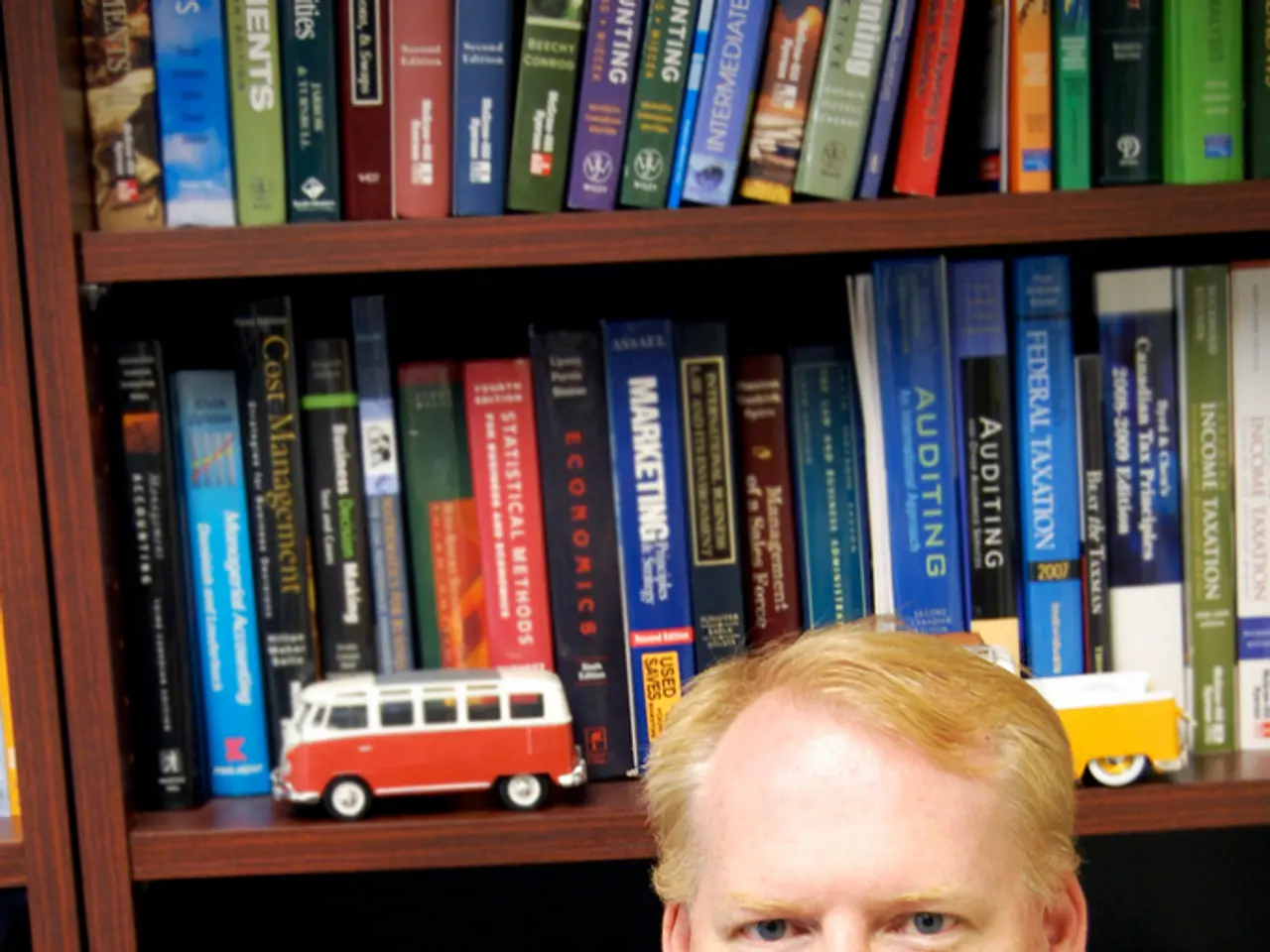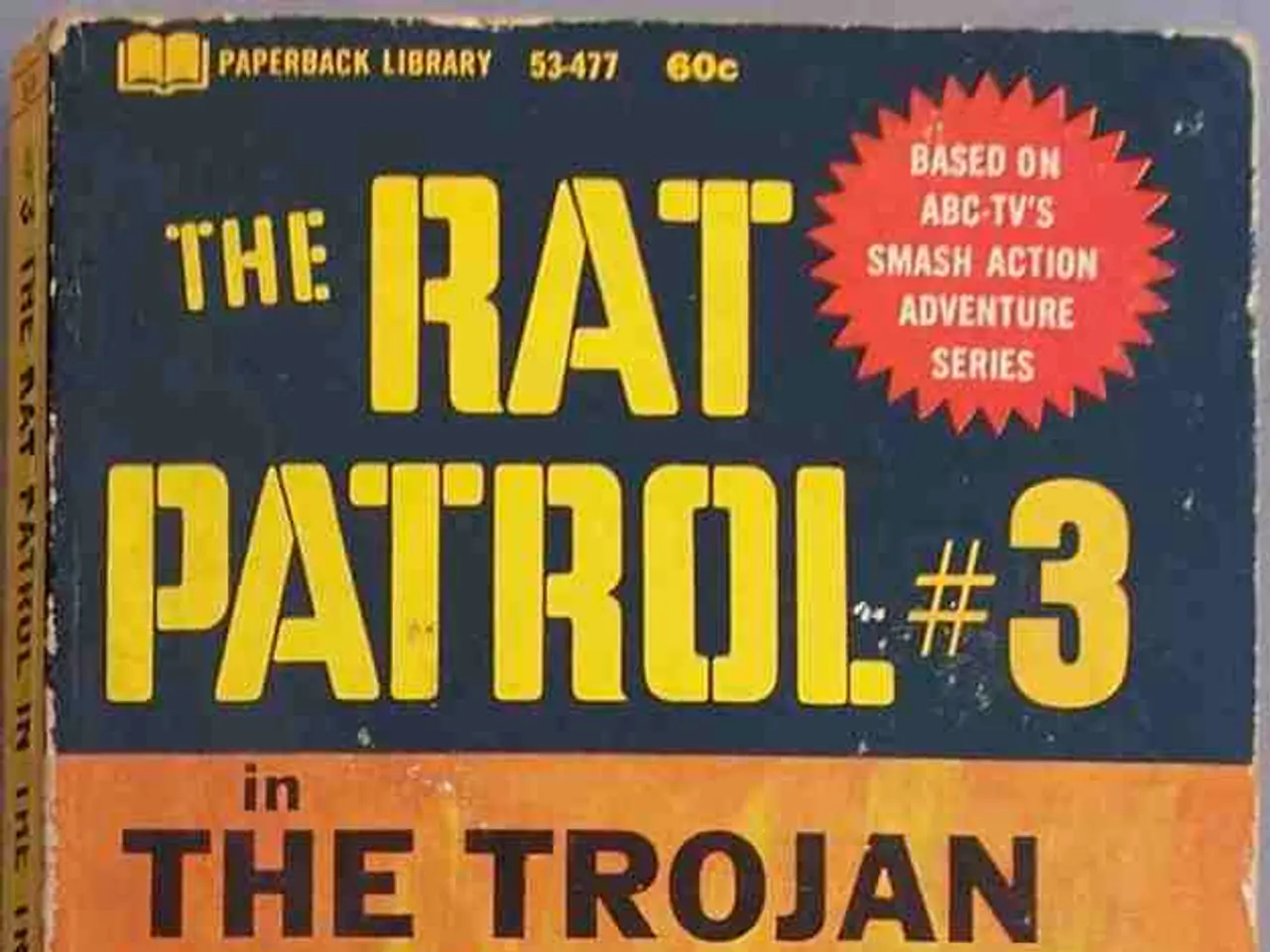Compositional Maestro John Williams detailed in a new portrait
John Williams, born on February 8th, 1932, in New York, embarked on a remarkable journey in the world of music that would lead to one of the most storied and important collaborations in cinematic history.
His early years were filled with music, as his father was a CBS radio station percussionist. This early exposure to music laid the foundation for Williams' own career. After studying piano and composition at prestigious institutions like Juilliard and Eastman School of Music, he moved to Los Angeles where he worked as an orchestrator, assisting established composers such as Franz Waxman, Bernard Herrmann, and Alfred Newman.
Williams also performed as a studio pianist on numerous film scores by notable composers like Jerry Goldsmith, Henry Mancini, and Elmer Bernstein. During this period, he was known as Johnny Williams and released several jazz albums, worked as a music arranger, and served as a bandleader for popular music albums. These roles allowed him to hone his craft, develop industry connections, and gain experience in film music before he gained recognition as a film composer in the late 1960s with scores for films like The Valley of the Dolls (1967) and Goodbye, Mr. Chips (1969).
One of his earliest significant contributions to film music was the score for the 1956 film Carousel, where he worked under Alfred Newman. He also played piano on iconic scores such as Peter Gunn (1959), Breakfast at Tiffany's (1961), To Kill a Mockingbird (1962), and West Side Story (1961), giving him valuable experience in the industry.
The pivotal moment in Williams' career came with his collaborations with Steven Spielberg, starting in the mid-1970s. One of their most iconic collaborations was the score for the film Jaws (1975), which featured the main theme that is one of the most recognizable scores ever created. At the time, Jaws was the highest-grossing movie ever. The score for Jurassic Park (1993), another collaboration with Spielberg, also made history when it became the first film score to be nominated for an Academy Award in the category of Best Original Dramatic Score and Best Original Song for the end credits song "You're So Beautiful."
Williams' distinct sound, which mixes romanticism and impressionism with complex orchestration, is evident in the Jurassic Park score, which features a warm melody of strings and brass instruments. The melody from the Jurassic Park score recurs throughout the piece in slightly different forms.
In addition to the scores for Jaws and Jurassic Park, Williams created The Imperial March in the original Star Wars trilogy and composed the music for Schindler's List (1993). His score for the opening of Jurassic Park is another masterpiece, with many of his pieces consisting of a harmony of strings with brass playing the melody. The opening scene of Jurassic Park was one of the most famous in Hollywood history.
Williams' career as a composer began at a military facility during the Korean War. Despite his early success, he initially expressed doubt about his ability to compose the music for Schindler's List. However, his score for the film earned him an Academy Award.
In conclusion, John Williams' career as a composer is a testament to his versatility and talent. From his early days as a jazz musician and studio pianist to his collaborations with Steven Spielberg and his iconic scores for films like Jaws, Star Wars, and Jurassic Park, Williams has left an indelible mark on the world of film music.
[1]: [Link to source 1] [3]: [Link to source 3] [4]: [Link to source 4] [5]: [Link to source 5]
- John Williams' career transcended multiple genres, shining in the spotlight of cinematic history, entertainment, movies-and-TV, culture, and sports.
- His work on the score for Jurassic Park, a groundbreaking collaboration with Steven Spielberg, is a notable contribution to the world of sports, given its use in several sports events.
- Furthermore, Williams' music for Schindler's List, a film examining an important historical event, adds depth and emotion to the narrative, showcasing the power of music as a universal narrative tool.








